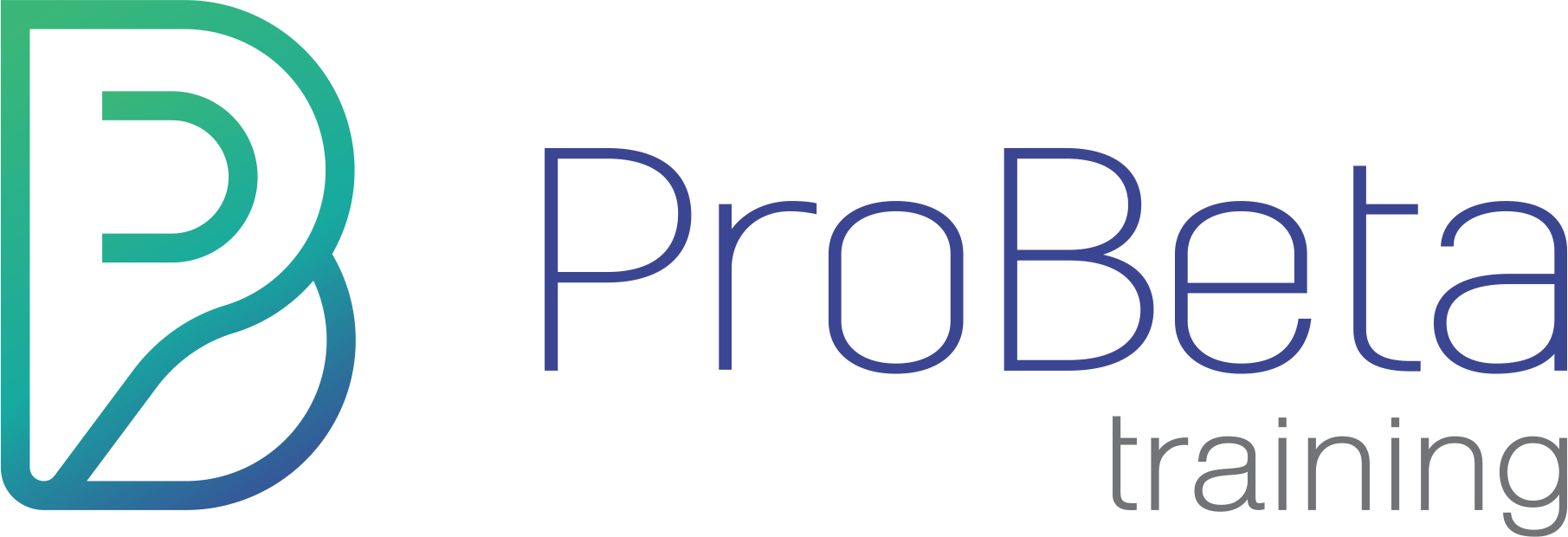Virtual Training Course
Performing an Independent Review using CaseWare
>> Click here to book this training as an In-House course <<
This Course is not part of the MUS Subscriber discount structure.
| Price: | R1265.00 (VAT Incl.) Per Person |
| Presenter: | Ms Yvonne Rossouw |
| Date: | 19 Jul '22 |
| Times: | Registration:08H00 Start:08H30 End:16H00 |
| Duration: | 1 Day |
| CPD Hours: | Attendance at this seminar will secure 6.5 hour/s verifiable CPD points including other professional bodies (SAICA, SAIBA, ACCA, IACSA, IRBA & etc) |
| Platform: | Web Based (Online) |
| Course Facilitator: |
Yvonne Rossouw
T: 011-886-1395 E: nerissa@probetatraining.co.za |
| Back Book Now | |
Do you understand the difference between an independent review and an audit?
On 1 May 2011 the new Companies Act 2008 (Act) introduced the concept of an Independent Review as an alternative form of external independent assurance of financial statements, creating a need for more Independent reviews.
Unfortunately, trainees only study the auditing standards and are at a disadvantage when they start their traineeship with regards to these Independent reviews. They don’t know what exactly is an Independent Review and what are the procedures that must be performed by a practitioner during the independent review. They are also unaware of how these procedures differ from audit procedures.
The purpose of this training is to provide delegates with the practical knowledge of how to perform an Independent review in terms of ISRE 2400, using the CaseWare software and methodology.
none
• Companies Act requirements – audit vs Independent review
• Section 29 of the Companies Act
• How to calculate the public interest score
• Who can perform an Independent Review?
o What is meant by the word independent?
o Who is an accounting professional?
• Reportable irregularity i.r.o. regulation 29 of the Companies Act
• Professional scepticism and professional judgement within the review engagement
• Documentation requirements
• Pre-conditions and accepting the engagement
• Engagement letter
• Ethical requirements
• Obtaining an understanding of the client through enquiries
• Overall materiality assessments
• Areas that are likely to be misstated
• Performing the review for all Financial Statement Areas
o Focused enquiries
o Analytical procedures
o Additional procedures
• Subsequent events
• Going concern conclusion
• Evaluation of misstatements
• Letter of representation
• Report
o Modified conclusion
o Unmodified conclusion
Auditors
Second year SAICA trainees
Third year SAICA trainees
Fourth year SAICA trainees
Fifth year SAICA trainees
Audit mangers
Audit partners
(Version 2023.00.056 (release 2) to be installed.
none
